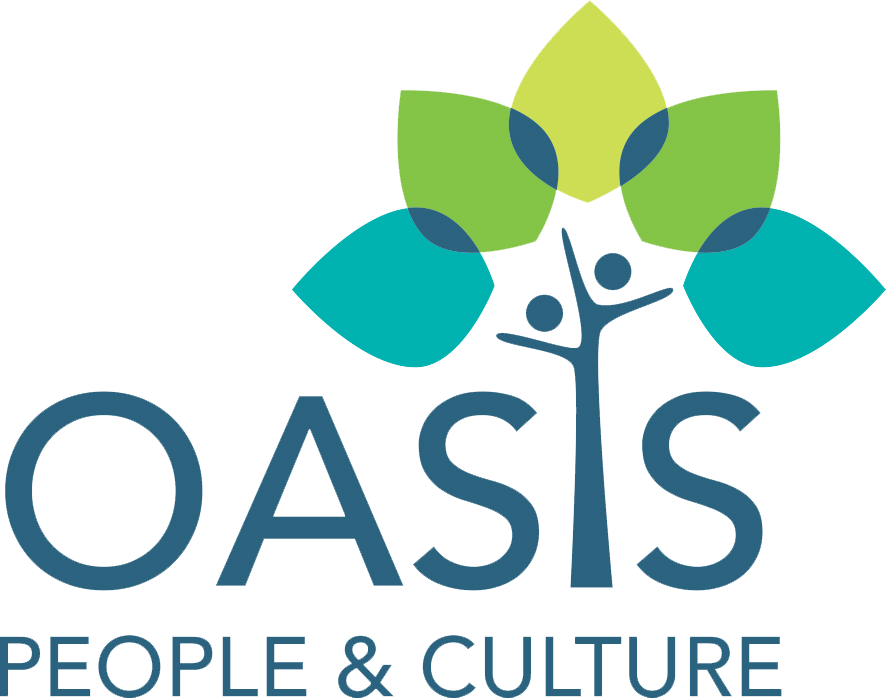Last week, Travis wrote an article entitled Meconium Fights & Muck-Mouth Homilies. Apart from being incredibly entertaining (some personal identification with the story itself from my own chaotic child-rearing days from long ago), it had some deep insights about becoming more effective in our human interactions and our listening of others. The article featured 3 key elements - Uncover the Concerns; Make Space for Clarity; and Explore the Issue and some wonderful suggested questions that, when executed in the right moment, would have the perfect effect of slicing open the heart of a difficult conversation like a Wilshire Stay-Sharp Knife through a watermelon.
However, as I finished reading the article, a sceptical voice inside my head whispered three short words..."Great in theory". I was left with a defeated feeling about my own capacity to access these questions when in the heat of the emotional moment. Armed with such powerful Human Interaction tools, rich academic rigour (Heck! We teach this stuff most days of the week!), why is this so hard to put into practice?
A sceptical voice inside my head whispered three short words..."Great in theory"
Travis' article is prompting me to think about this more deeply. (The magic of learning only happens when we turn knowledge into practice). Why don't I default to being able to use these excellent questions which explore the needs and concerns of the other. Why am I so irrational, self-serving, defensive and precious about my own assessments, judgements and stories in the heat of moment? To paraphrase Stephen Covey Snr from his 6 Habits of Highly Effective People, what drives my need to be understood before trying to understand? Maybe we just want to feel like we are right. Maybe it serves our need for certainty and ego-strengthening by believing we (and only we) are the holder of the righteous truth. Maybe we have built up default practices over a lifetime of hurts, insecurities and experiences that tell us to protect and project our own identity and ego first. This can sub-consciously become a self-perpetuating loop of "me-and-my-needs-first" behaviour in our communication.
The Emotional Brain
These ponderings also lead me think about the power of the emotion on our default practices. We can't help but have emotional responses to all of life's experiences. There is knowledge being added daily to the significance of emotional intelligence. But, once again we find ourselves at the same juncture of having great theory, good principles and the toolkit but can we trust ourselves to use them at the right time?
What To Do With This Problem
I will probably leave most readers dis-satisfied here as I don't have a set of 3 principles, 5 steps or 2 golden rules. My suspicion is that the answer to this problem is not found in my intellect or comes from my lack of discipline in applying knowledge, but rather, may reflect the state of my heart. The question may need to be asked of myself at a deeper philosophical, even spiritual level. Am I on this planet to serve my own needs and assert my own identity and ego or am I here to serve others needs? Maybe the heart-shift I am considering relates to laying down my own selfish desires and putting greater energy toward serving the needs of others in my listening and actually caring enough about their concerns.
---

